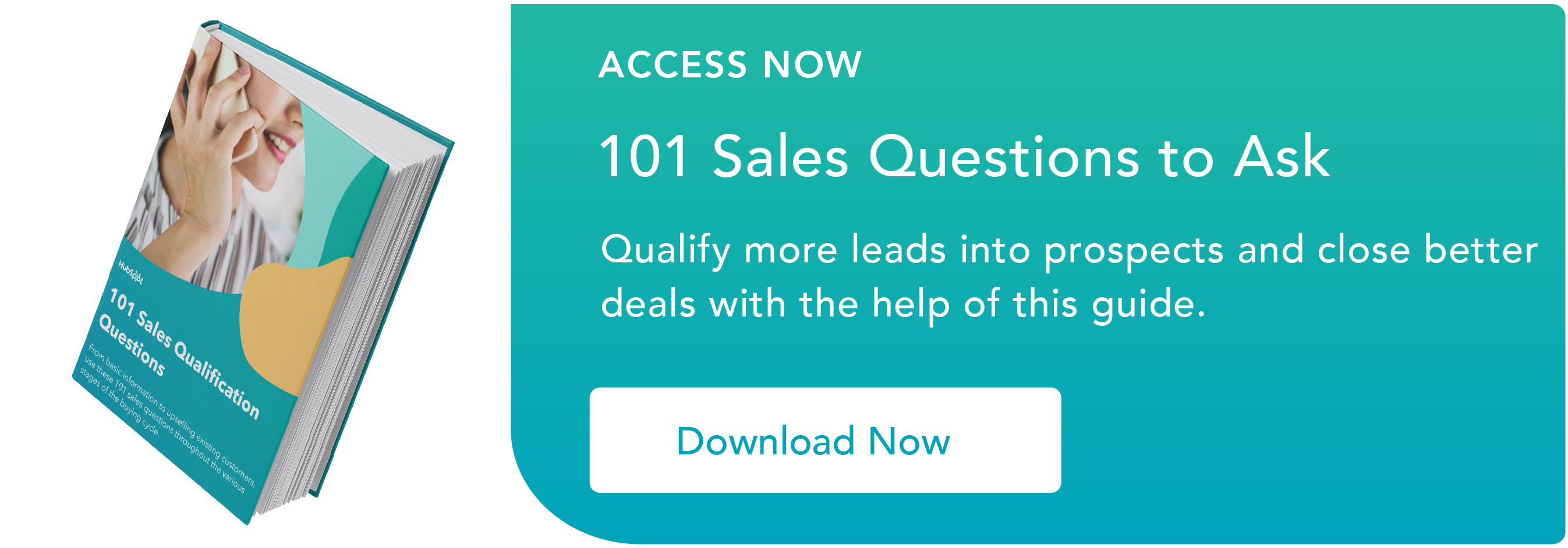1) Start and end on time
One of the subtlest yet impactful ways to demonstrate your own authority: Start and end the meeting according to the schedule. This shows you have a plan and you stick with it -- and that your time is valuable.
If your prospect is running late, wait five minutes. Then say, “I have another call at [time]. Since we’ll probably take the entire [time period], let’s reschedule for [later today, X time tomorrow].”
If one of the attendees is late, but everyone else is there, say, “Let’s start the meeting. I’m recording, so [name] can catch up after.”
Of course, this requires that you’re always on time. Make sure you’re leaving yourself enough space in between calls so an overly long one doesn’t interfere with the next one.
Speaking of overly long calls: Don’t let them happen. When you’re coming close to the scheduled end, say, “We’ve got [X minutes] left on the clock. Do you have any questions I can answer before [time]?”
2) Don’t let your agenda get derailed
You prepare a great agenda. You lay it out at the top of the call. You start the first part, your prospect hits you with an off-topic question, you spend a ton of time answering it, and before you know it, you’re in the weeds with product questions and your whole agenda’s been shot.
Sound familiar?
While I wholeheartedly advocate being as helpful as possible and answering your prospect’s questions, you can’t sacrifice the call in the process. You know better than they do how this meeting should be structured and when it makes sense to discuss specific points.
If they ask a question that’ll be covered later, don’t feel obligated to answer it right then. Say, “Glad you asked. We’ll get to that in roughly [X minutes], when we talk about [topic].”
Then, answer their question at the appropriate time. Not only will the meeting stay on track, but you’ll look confident and prepared.
3) Don’t be ingratiating
I hear some reps thank their prospects three times on a single call: Once at the beginning, and twice at the end. The problem with repeating “Thanks for your time,” “Appreciate you meeting with me,” and other lines? They skew the power balance toward the buyer.
You’re giving up your time too. Yes, you may be financially rewarded down the line -- but that’s not guaranteed. In return for potentially making a purchase, your prospect receives help and guidance.
Say “Thank you for your time” once. And experiment with variations like, “I enjoyed talking to you -- let’s touch base on Wednesday morning,” and “Glad we could connect, let me know if you have any questions before our next call.”
4) Don’t ramble
There’s a fine line between enough information and too much -- and as soon as you cross it, your prospect will tune out. You lose control when that happens.
To keep their attention (and their respect), make sure you’re speaking 30-50% of the time and no more.
This percentage will be a little smaller for demos, since you’re explaining how your product can help them, but you should still be asking questions periodically so you’re not the only one talking.
When your prospect asks a question, resist the urge to give them every detail that might possibly be relevant. Instead, be succinct and straightforward. Finish with, “Does that answer your question, or can I give you additional context?” They’ll usually say they’re satisfied or follow up on a specific point.
5) Be confident
At the end of the day, all these tips and tricks pale in importance next to true confidence. If you start a call feeling sure of yourself, your prospect will quickly pick up on that -- and will naturally follow your lead. If you start the call feeling insecure or anxious, they’ll doubt your authority and might take over or tune out.
But how do you build that confidence in the first place?
Knowing the value of your product is critical. If you believe in the value prop and have witnessed its impact on your customers’ lives, you can easily explain its benefits to buyers.
However, it’s equally important to do your homework, qualify your prospects, and stick with the sales process. The proper selling techniques boost your aura of professionalism -- and you’ll feel good knowing you’ve checked the necessary boxes.












